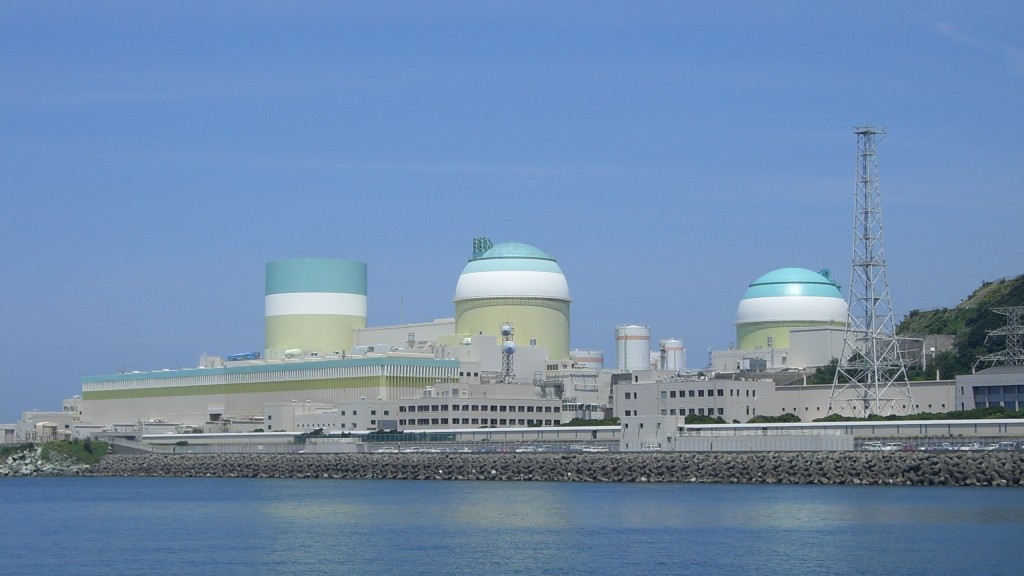China is strengthening its nuclear cooperation with Pakistan to establish itself as a major global nuclear power market player.
Despite previous challenges in Pakistan’s power sector, China aims to build a track record in nuclear power plant construction to enter more lucrative markets in the future.
The recently signed US$4.8 billion deal involves the construction of a 1,200-megawatt plant at the Chashma nuclear power complex, featuring China’s first indigenous civil nuclear reactor, the Hualong One.
This move aligns with China’s ambition to become a leading builder of nuclear plants, with plans to construct 30 reactors overseas by 2030.

The project is part of Pakistan’s energy security plan to diversify its energy mix and provide affordable electricity to industries and the general population.
Chinese investment of US$3.48 billion will support the project, and Prime Minister Shahbaz Sharif highlighted China’s provision of a Us$100 million discount.
China’s main objective is to showcase its indigenous technology for safe, reliable, and affordable nuclear reactors to compete with other global nuclear power exporters.
China’s collaboration with Pakistan has been crucial in addressing Pakistan’s energy challenges, as China has assisted in building energy facilities, primarily coal-fired power plants and hydropower projects, under the China-Pakistan Economic Corridor.
However, Pakistan’s reliance on costly fuel imports and currency devaluation has strained its foreign exchange reserves, leading to a balance of payments crisis.
While China has experienced setbacks in Pakistan’s power sector, it aims to maintain its assets and workforce in the country through the Hualong One project.
Nevertheless, China’s cooperation with Pakistan has raised concerns within the Nuclear Suppliers Group (NSG), which regulates civilian nuclear trade.
Pakistan’s status as a non-signatory to the Nuclear Non-Proliferation Treaty and its limited adherence to safeguards have prompted discussions among NSG members about the compliance of China’s ongoing exports to Pakistan.
China argues that its exports are covered by agreements predating its NSG membership, but member countries emphasize the need for full-scope safeguards.
China’s nuclear cooperation with Pakistan reflects its strategic ambitions rather than purely economic considerations.
By positioning itself as a leading nuclear power exporter, China aims to enhance its global influence and multilateral governance over nuclear power in the nuclear energy market.

